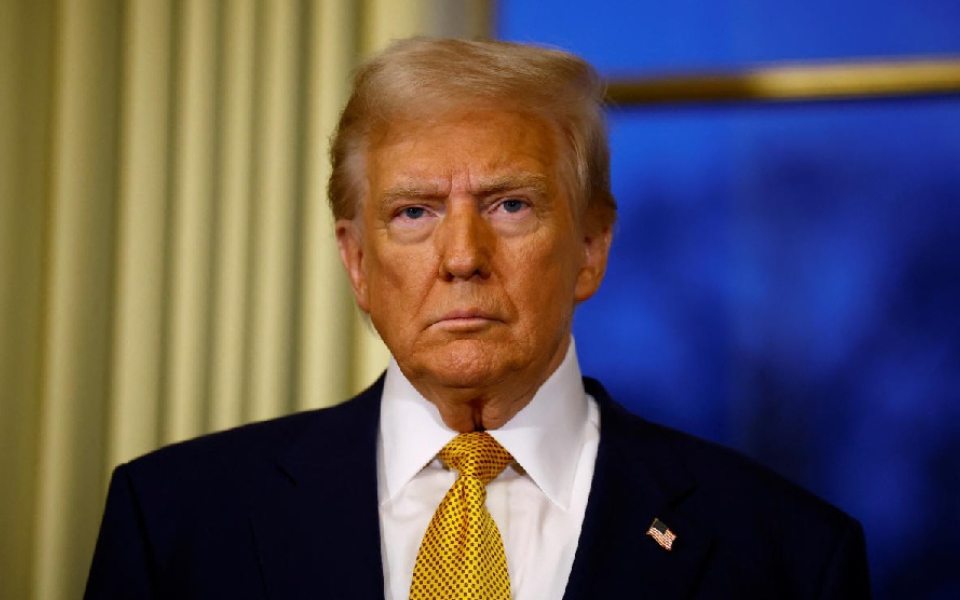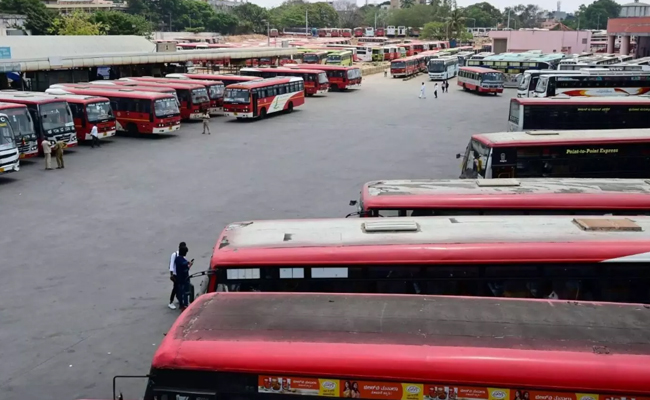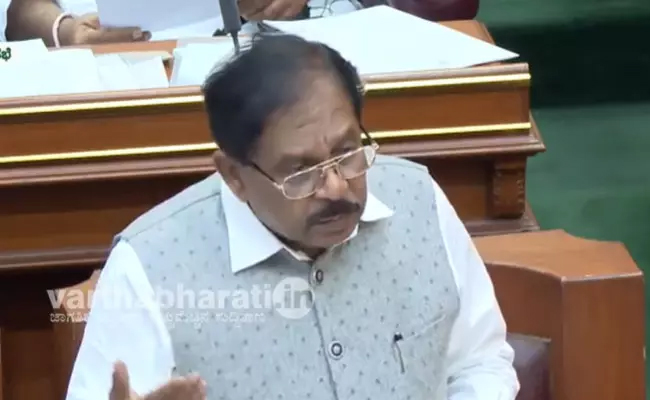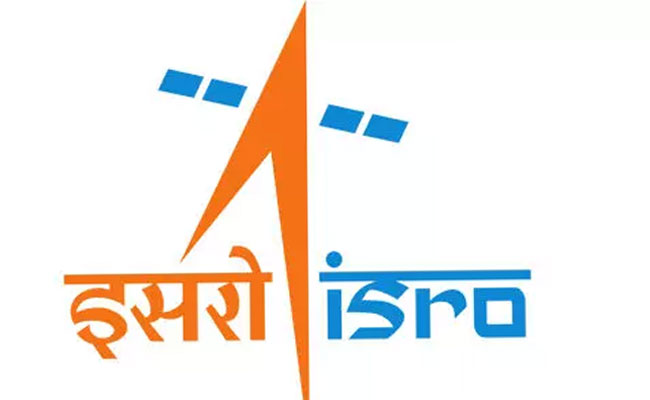Washington, D.C.: Hamas has welcomed what appears to be a shift in US President Donald Trump’s stance on the permanent displacement of Palestinians from Gaza.
The response from Hamas followed Trump’s remarks during a White House meeting with Ireland’s Taoiseach Micheál Martin on Wednesday, where he stated, “Nobody is expelling any Palestinians from Gaza.”
Hamas spokesperson Hazem Qassem said, “If US President Trump’s statements represent a retreat from any idea of displacing the people of the Gaza Strip, they are welcomed.” He also urged that this position be reinforced by ensuring Israel adheres to all terms of ceasefire agreements.
Trump had previously sparked widespread outrage when he proposed a US takeover of Gaza and suggested permanently displacing its Palestinian population to neighbouring countries. His apparent reversal comes after a meeting in Qatar between Arab foreign ministers and US Middle East envoy Steve Witkoff, where discussions focused on Gaza’s reconstruction.
According to Qatar’s Ministry of Foreign Affairs, the meeting included foreign ministers from Qatar, Jordan, Egypt, Saudi Arabia, and the United Arab Emirates, along with the secretary-general of the Palestine Liberation Organization (PLO).
“The Arab foreign ministers discussed the Gaza reconstruction plan, which was approved at the Arab League Summit held in Cairo on March 4, 2025,” the ministry said in a statement. “They also agreed with the US envoy to continue consultations and coordination on this plan as a basis for reconstruction efforts in Gaza.”
On Saturday, the Organisation of Islamic Cooperation (OIC) formally adopted the Gaza reconstruction plan, which was led by Egypt and developed in response to Trump’s earlier proposal to take over the territory. The plan seeks to rebuild Gaza under the administration of the Palestinian Authority (PA).
Meanwhile, ceasefire talks resumed in Qatar on Tuesday, with Witkoff dispatched to Doha for mediation. The Qatari Foreign Ministry said Arab ministers emphasised the importance of maintaining the ceasefire and working toward a just and comprehensive peace based on a two-state solution.
On Sunday, Taher al-Nono, a political adviser to Hamas, confirmed that direct talks had taken place between Hamas and Washington in Doha. The discussions reportedly focused on the release of an American-Israeli dual national held by Hamas and the phased implementation of the ceasefire agreement with Israel.
Hamas representatives also held talks with Egyptian mediators, reiterating their readiness to negotiate the next phase of the ceasefire. Israeli negotiators arrived in Doha on Monday as part of ongoing discussions.
The initial 42-day phase of the ceasefire expired earlier this month without an agreement from Israel on further steps toward ending the war. Since then, Israel has imposed a total blockade on Gaza, now in its 12th day, restricting the entry of food, fuel, and medicine. The blockade has been criticised as collective punishment, with accusations that Israel is using humanitarian aid as leverage to pressure Hamas.
Let the Truth be known. If you read VB and like VB, please be a VB Supporter and Help us deliver the Truth to one and all.
Bengaluru: The Karnataka State Road Transport Corporation will operate 1000 additional special services in view of the Christmas festival.
In addition to the existing schedule, the special services will run on 19.12.2025, 20.12.2025 and 24.12.2025. Further, special buses will be operated from various places of intra & Interstate places to Bengaluru on 26.12.2025 & 28.12.2025.
Special buses will be exclusively operated from Bengaluru Kempegowda Bus Station to Dharmastala, Kukkesubramanya, Shivamogga, Hassan, Mangaluru, Kundapura, Shringeri, Horanadu, Davangere, Hubbali, Dharwad, Belagavi, Vijayapura, Gokarna, Sirsi, Karwar, Raichur, Kalaburagi, Ballari, Koppala, Yadgir, Bidar, Tirupathi, Vijayawada, Hyderabad and other places.
ALSO READ: Bengaluru: Shopkeeper stabbed for refusing to serve free panipuri
Special buses from Mysuru Road Bus Station will be exclusively operated towards Mysuru, Hunsur, Piriyapatna, Virajpet, Kushalanagar, Madikeri.
The corporation has also announced a discount of 5 per cent on the fare if four or more passengers book tickets under a single reservation. A discount of 10 per cent will be extended on return journey tickets if onward and return tickets are booked simultaneously.
In addition to the above, special buses will be operated from all Taluk/District Bus Stands in the jurisdiction of KSRTC based on the traffic needs.





